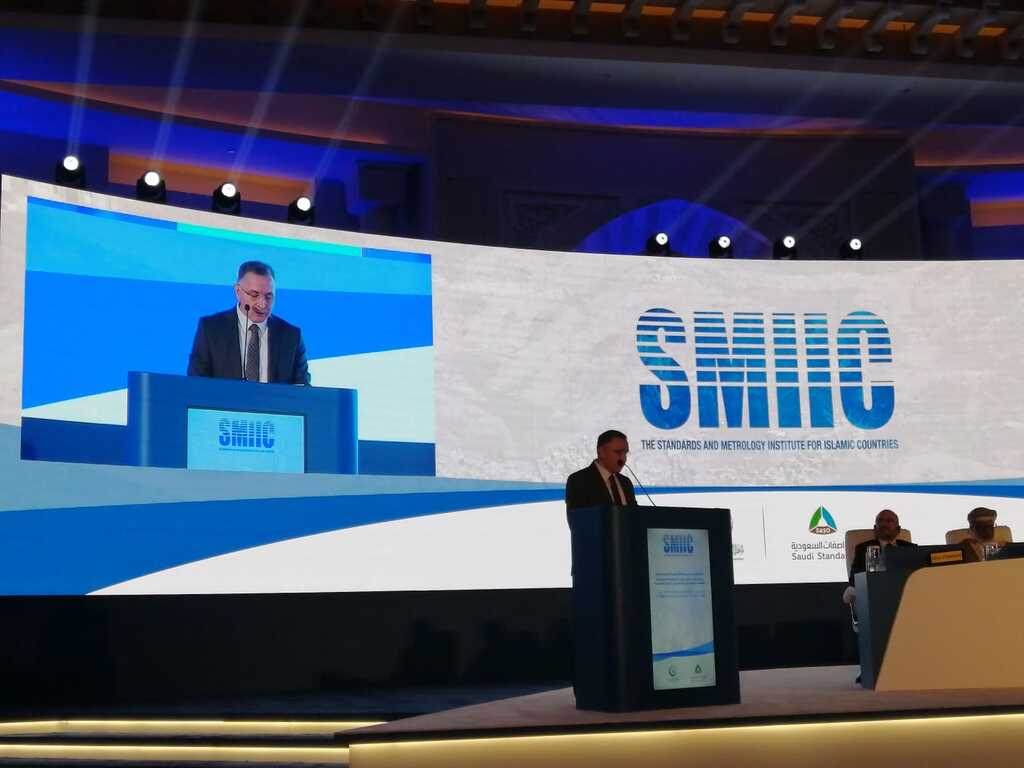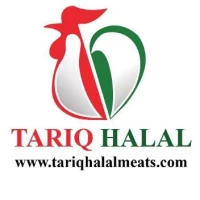- About 80 % of Pakistan’s halal meat exports go to the Middle East and Gulf countries
- UAE and Saudi Arabia among major destinations for Pakistans’ halal meat exports
- Allowing transport of halal products from UAE to Pakistan via sea will likely slash freight costs by one third.
- Experts expressed optimism that Pakistan could triple halal food exports, and capture a lion’s share of the $3-trillion industry
- Pakistan is at rank 22 in the global export scene of halal meat, and at rank 18 in the production
UAE’s International Halal Accreditation Forum’s partnership with Pakistan to boost the South Asian country’s halal agenda forward
With centralised accreditation recently established, and a robust market potential waiting to be maximised, Pakistan’s halal industry is poised for a brilliant future.
The newly established Pakistan Halal Authority (PHA), a central body mandated to oversee the halal sector, has opened up a wide range of opportunities for the country, allowing it to make the most of its advantages when it comes to halal trade and production.
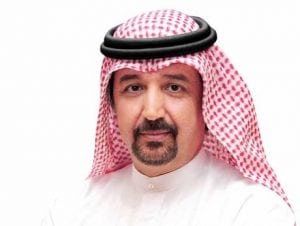 H.E. Mohammed Saleh Badri, Secretary General of International Halal Accreditation Forum (IHAF), said: “Pakistan is relentlessly working to build and develop its halal network. With the efforts that its government, the private sector and stakeholders have put into crafting the national strategy, it’s only a matter of time before the country sees a spike in halal exports and local production.”
H.E. Mohammed Saleh Badri, Secretary General of International Halal Accreditation Forum (IHAF), said: “Pakistan is relentlessly working to build and develop its halal network. With the efforts that its government, the private sector and stakeholders have put into crafting the national strategy, it’s only a matter of time before the country sees a spike in halal exports and local production.”
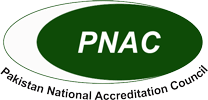 Pakistan’s determination in fortifying its halal structure can be traced back to how it has always put premium on accreditation and certification. Years prior to the establishment of PHA, in 1998, the country’s Ministry of Science and Technology has already established the Pakistan National Accreditation Council (PNAC) as a national apex agency to accredit conformity assessment bodies.
Pakistan’s determination in fortifying its halal structure can be traced back to how it has always put premium on accreditation and certification. Years prior to the establishment of PHA, in 1998, the country’s Ministry of Science and Technology has already established the Pakistan National Accreditation Council (PNAC) as a national apex agency to accredit conformity assessment bodies.
A firm proponent of universal standardisation, PNAC is one of the founding members of IHAF.
“Having Pakistan on board through the PNAC is a significant boon to the IHAF membership. Its extensive experience and wide exposure on accreditation can certainly help us achieve our target of creating a solid international halal network,” Badri said.
In the same way, PNAC’s IHAF membership is also a good springboard for the country as it works toward strengthening its national halal industry.
Experts expressed optimism that Pakistan could triple halal food exports, and capture a lion’s share of the $3-trillion industry.
These rosy estimates are also anchored on factors that include the country’s location and a supportive government.
Pakistan is nestled on a strategic export spot that is close to the Muslim world’s vibrant markets like the UAE and Saudi Arabia.
“About 80 per cent of Pakistan’s halal meat exports go to the Middle East and Gulf countries, with major destinations being Saudi Arabia and the UAE. The other potential markets for Pakistani meat are the Asia Pacific region, North-Africa and the Far East,” according to a Pakistan Food Journal study of the Pakistani halal meat market.
The geographical advantage is further supported by strong bilateral relations. Just recently, the UAE has begun allowing the transport of halal products from Pakistan via sea, slashing freight costs by one third.
The study shows that Pakistan is at rank 22 in the global export scene of halal meat, and at rank 18 in the production. These findings, however, have been presented before the PHA came into the picture.
“Seeing how the Pakistani government has worked on its halal infrastructure, we are confident that the country will soon be cementing a stronger position in international trade,” the IHAF Secretary General said.
The PHA mandate aside, experts believe that Pakistan can play pivotal role in the growing market just by considering that it has more than 160 million quality livestock including 71 million cattles and buffalos and 89 million goats and sheep.
Despite of it being a work in progress, Pakistan’s halal ecosystem brims with potential, especially in a country where local demand is driven by Muslims who make up 96-97 percent of the population. IHAF is keen on assisting the country in making its halal strategies work, according to the study.
About International Halal Accreditation Forum:
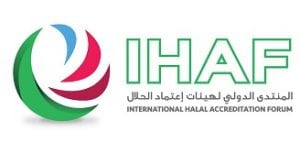 The International Halal Accreditation Forum (IHAF) is the world’s first independent, non-government, halal international accreditation network. It aims to unify and harmonize halal accreditation criteria and practices globally; and as a result, protect the growing number of halal consumers; facilitate international trade by easing the flow of goods between countries; and create a halal market that consumers can trust.
The International Halal Accreditation Forum (IHAF) is the world’s first independent, non-government, halal international accreditation network. It aims to unify and harmonize halal accreditation criteria and practices globally; and as a result, protect the growing number of halal consumers; facilitate international trade by easing the flow of goods between countries; and create a halal market that consumers can trust.
IHAF is anchored on the belief that greater cooperation among regional and international organizations is key in creating a halal industry that is strong, stable, reliable and responsive to the needs of consumers and businesses across the world.
It has a strong network spread across 22 countries in 6 continents through 19 accreditation bodies, and growing.

